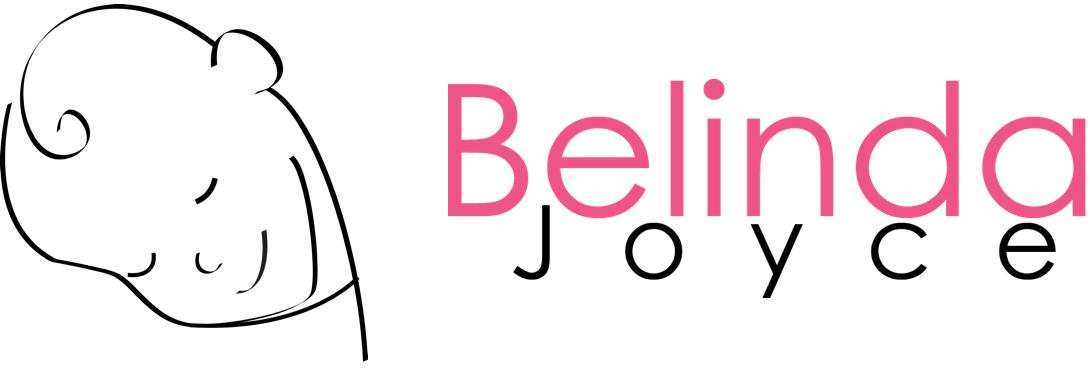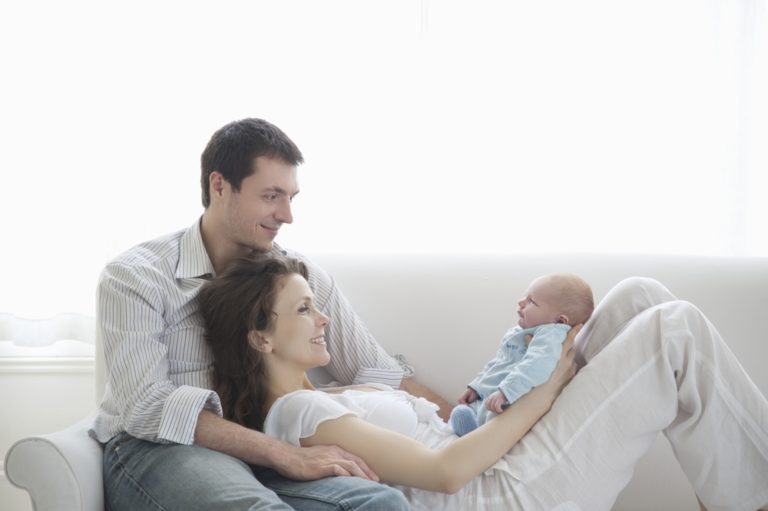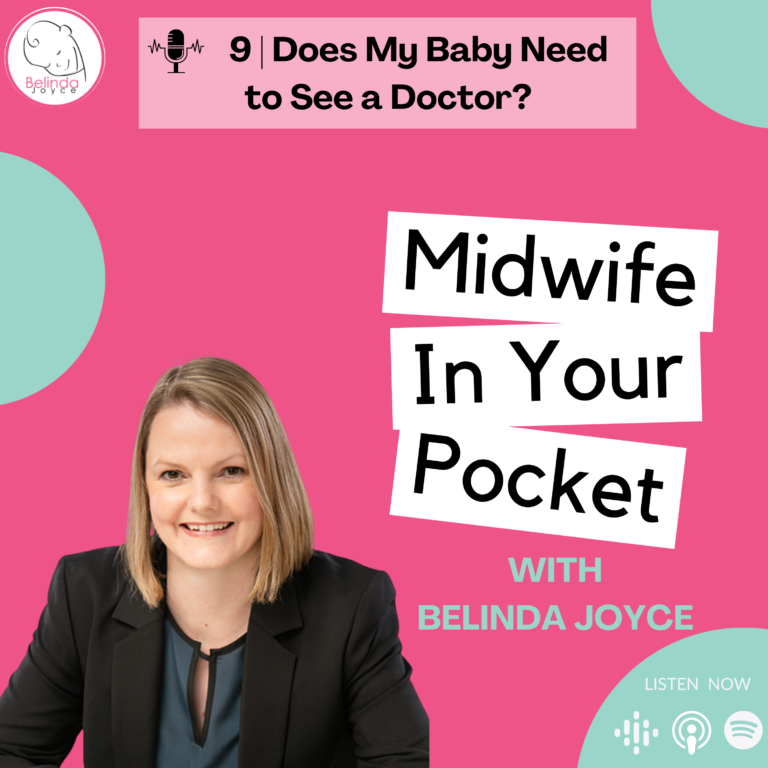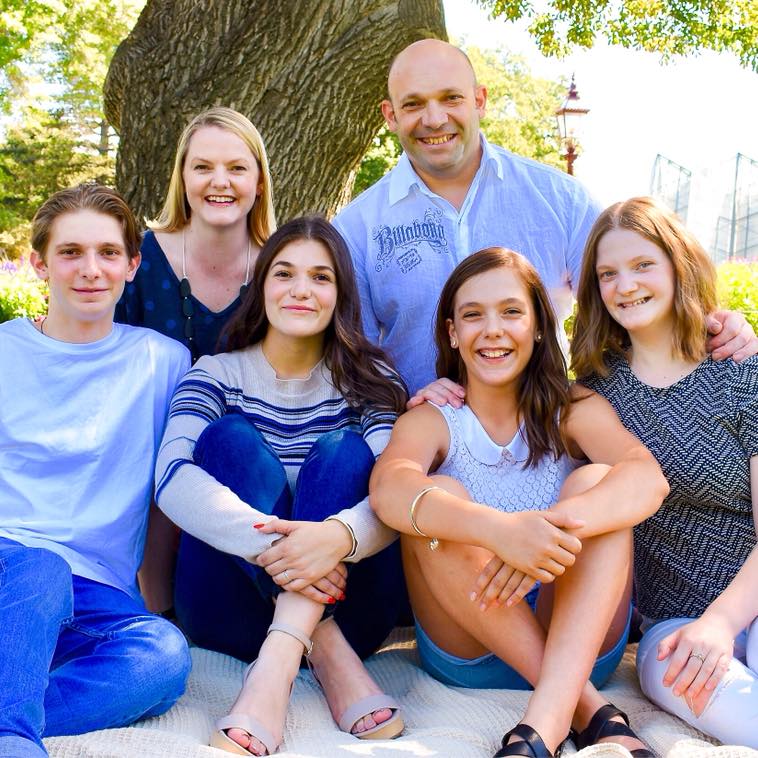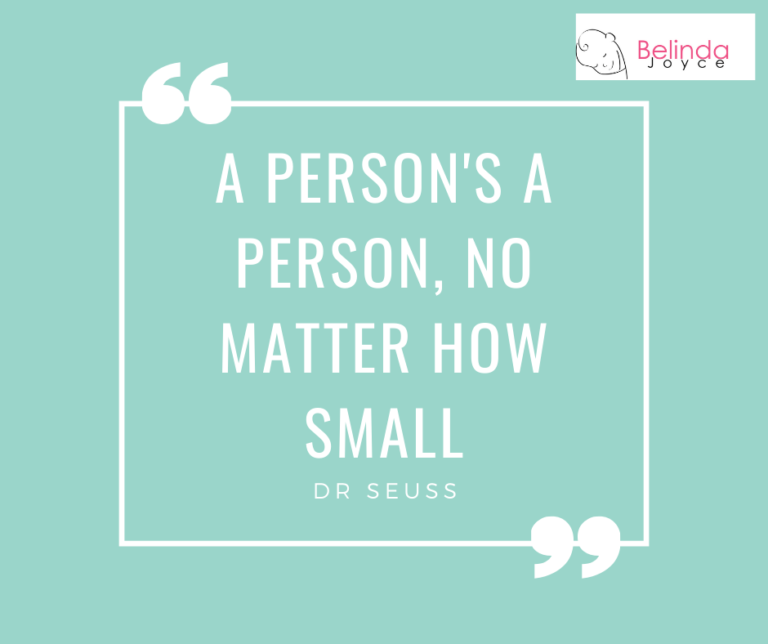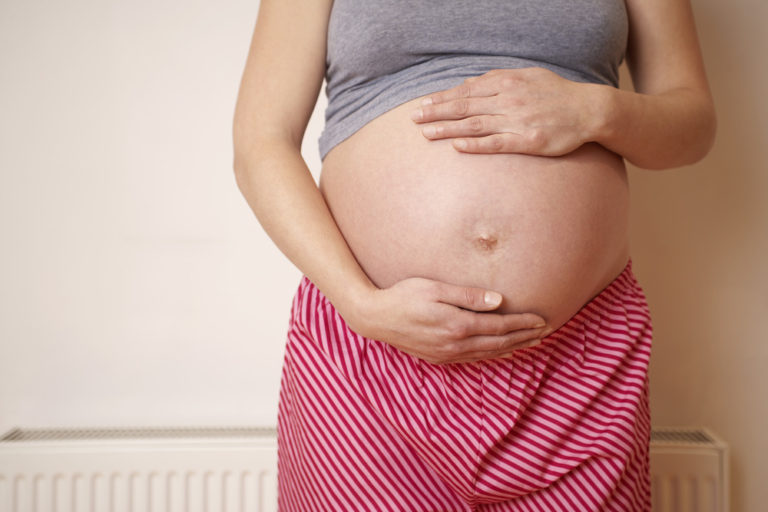Do I Have Postnatal Depression (PND)?
Do I have Postnatal Depression (PND)?
Most women recover physically quite quickly after the birth of a baby although it can take some months to feel like yourself again. Mothers often wonder, do I have postnatal depression?
Many parents of new babies suffer from mental health issues both women and men.
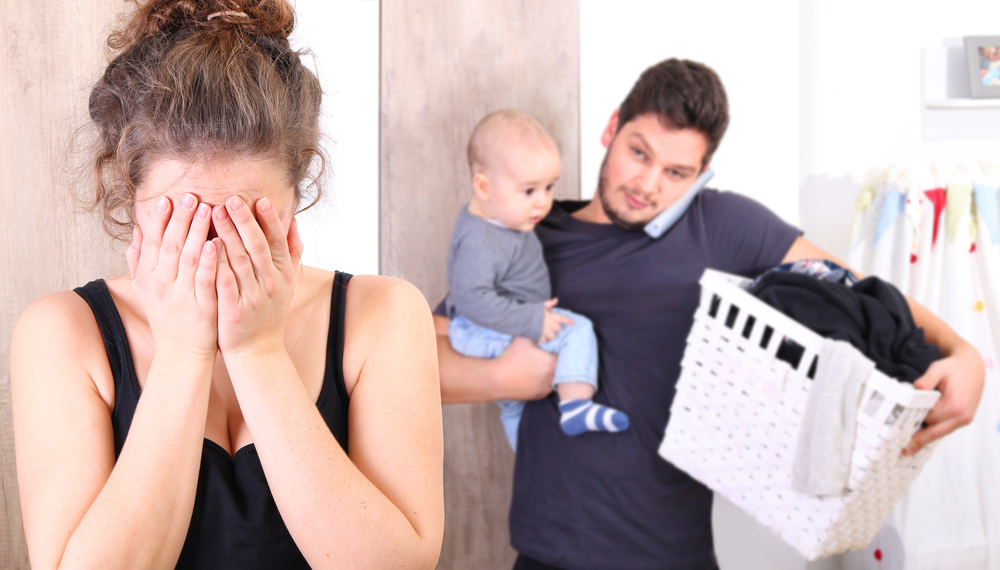
What is Postnatal Depression:
In the early days after birth around 80% of new mother’s experience ‘baby blues’, feeling down and tearful which is thought to be caused by fluctuating hormones, but this should pass quickly with no special treatment.
DISCOVER HOW TO SURVIVE & ENJOY YOUR BABY!
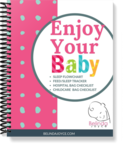 The pack is full of checklists and printables to help you improve sleep challenges with our flowchart, decide what to take to hospital, what equipment is essential, what to put in your nappy bag and so much more
The pack is full of checklists and printables to help you improve sleep challenges with our flowchart, decide what to take to hospital, what equipment is essential, what to put in your nappy bag and so much more
However, if either of you experience symptoms of depression or anxiety for more than 2 weeks or if these feelings are severe it is worth talking to a health professional such as your GP or Maternal & Child Health Nurse. They can help to explain and reassure you, assist you to decide if treatment is required and give suggestions and possible referral to mental health professionals.
We know that around 1 in every 7 women will develop Postnatal Depression (PND) and that around 5% of men will as well, although the true prevalence is unknown.
Symptoms of depression and anxiety:
You may have one or more of these as they are different for everyone
- Feelings of sadness, low mood or feeling numb
- Feelings of anxiety about your baby’s wellbeing
- Difficulty sleeping even when the baby is asleep
- Not finding joy in activities that you used to love
- Not enjoying being with your baby
- Fear of being alone with your baby
- Panic attacks (shortness of breath, difficulty breathing, tightness in chest)
- Negative thoughts
- Feeling guilty
- Lack of appetite or overeating
- Lack of confidence
- Staying home and not wanting to leave the house/avoiding social contact
- Not looking after yourself
- Not coping with regular routine daily tasks
- Waking with a sense of fear and anxiety, dreading and feeling overwhelmed with the day ahead.
- Thoughts of self-harm or harming your baby (if you are at immediate risk of harming yourself or your baby call 000 for assistance in Australia)
Some new parents are surprised that they have symptoms of anxiety but don’t feel depressed and they are diagnosed with PND. Many are now calling PND, postnatal depression and anxiety (PNDA) to better explain the condition.
Where to get help:
Go to the Beyond Blue website and complete the mental health checklist for Mums – this includes the Edinburgh Postnatal Depression Scale and will calculate your likelihood of suffering from depression or anxiety as well as suggestions of what to do next and who to see. Although this is not a diagnosis, it is a good starting point.
Talk to your maternal and child health nurse about programs and services available in your area, some operate from public hospitals, community centres as well as private psychologists and mental health clinics.
See your GP and ask for a mental health care plan. This gives you Medicare rebates for 6 sessions with a psychologist that covers much of the cost. Your GP can extend this to 10 sessions, but you will need to go back after 6 and be reviewed.
Online programs such as Mum Mood Booster
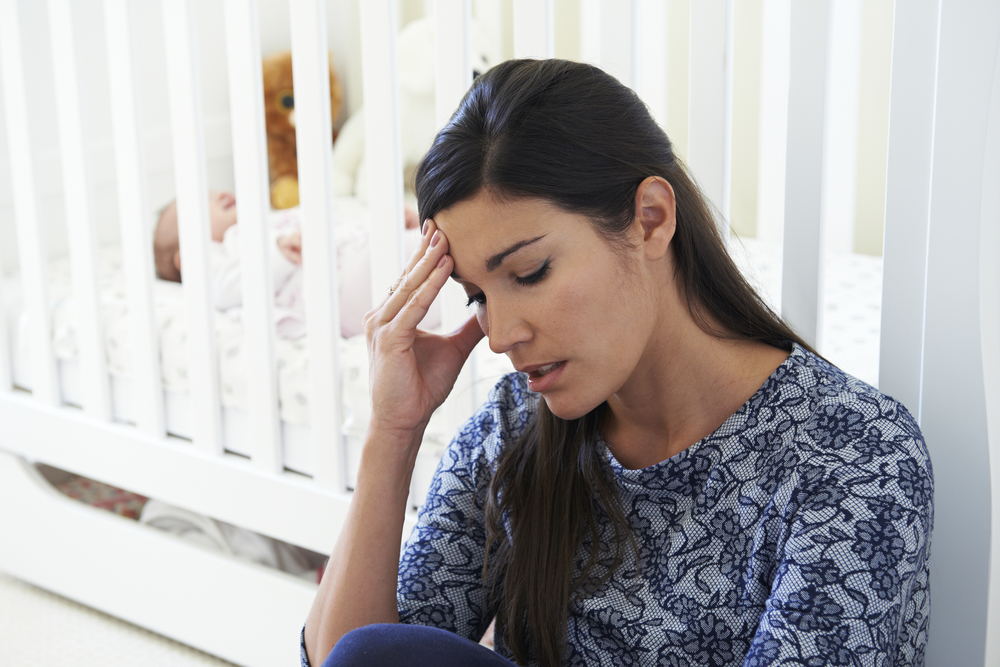
Treatments for Postnatal Depression:
In most cases your GP will be able to refer you on to a Psychiatrist or Psychologist for care during this time, some of this may be either partially or fully Medicare funded. Some treatments include medication, counselling and cognitive behaviour therapy which helps you to notice negative thought patterns common in PND and learn to turn them around.
Supporting someone with postnatal depression or anxiety:
Talking to your partner about their and your own feelings is important as well as supporting them in getting appropriate mental healthcare.
Practical help such as doing more of the housework, caring for other children, saying yes to those family and friends offering to help. Letting family and friends know what you are going through and asking for some extra support and then accepting this. Taking the baby out for a walk or to visit friends and letting your partner get some much-needed sleep.
If you are able to take some leave from work to stay home to support your partner this can really help.
Mental health support:
- PANDA National Helpline 1300 726 306 Monday- Friday 10am- 5pm
- Lifeline 13 11 14
- Suicide call back service 1300 659 467
- Beyond Blue 1300 224 636 24 hours/ 7 days a week
- To chat online, email Beyond Blue or join the forum visit:
https://www.beyondblue.org.au/get-support/get-immediate-support
